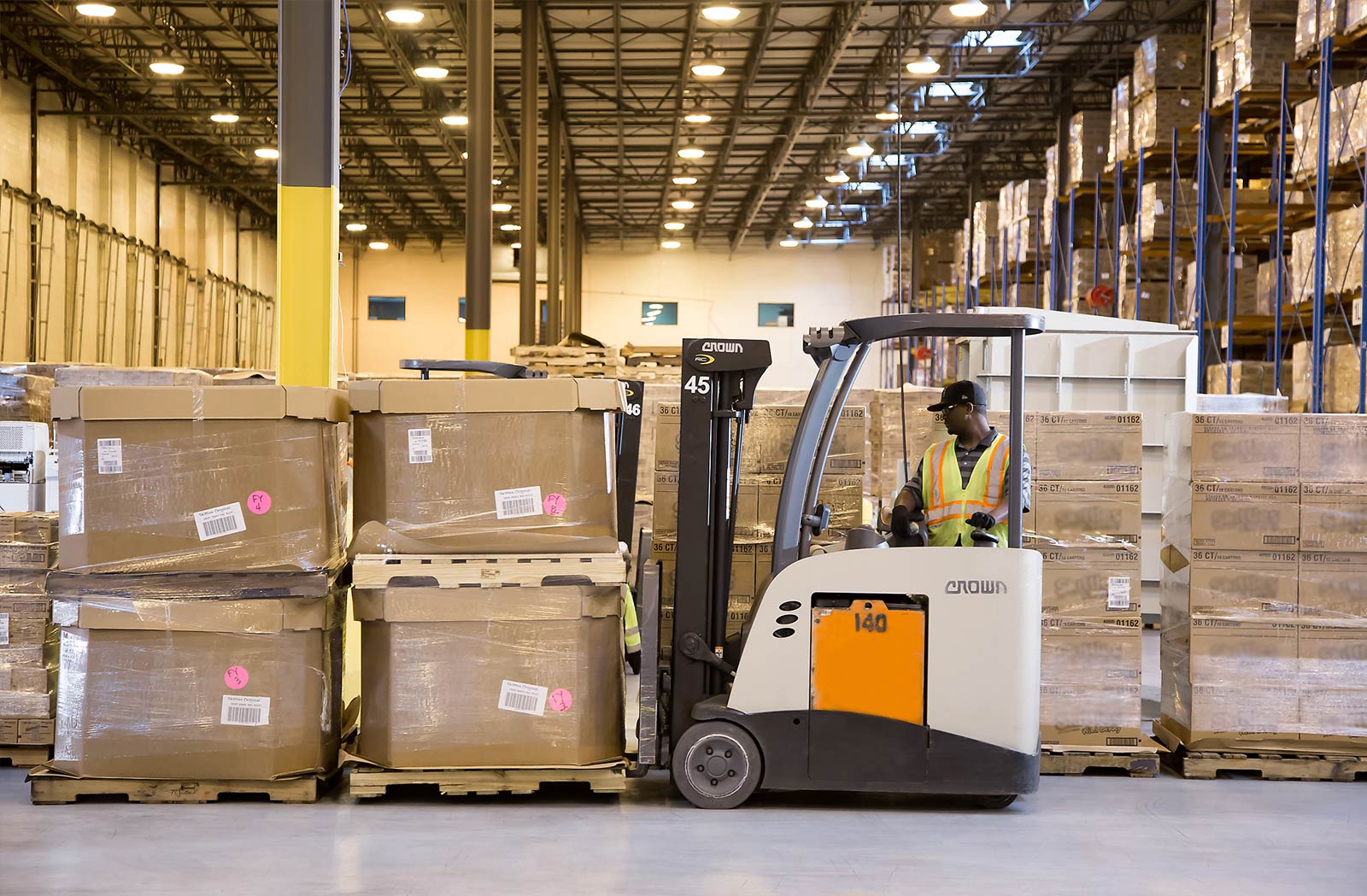Why Many Newcomers Start Their First Jobs in Warehousing
For newcomers settling in Canada, entering the workforce can feel challenging — especially without local experience. Yet one sector continues to open doors: warehousing and services. These workplaces often value reliability and teamwork over previous Canadian credentials, offering training in logistics, packaging, and order fulfillment. This article explores how warehouse environments help newcomers gain practical skills, local experience, and a first step toward long-term career growth in Canada’s logistics network.

Warehousing has become one of the most accessible industries for individuals entering the job market, particularly for those who have recently relocated. The sector provides essential services that keep goods moving from manufacturers to consumers, creating constant demand for workers. Unlike many fields that require specialized education or local certifications, warehouse positions often prioritize reliability and willingness to learn over formal qualifications. This openness makes the industry an attractive starting point for people building their careers in a new environment.
How Warehousing and Services Support Newcomers Entering the Job Market
The warehousing sector actively supports workforce integration by offering positions with minimal barriers to entry. Many facilities operate with diverse teams and provide multilingual support, recognizing that language skills develop over time. Employers in this field typically focus on practical abilities rather than extensive resumes, making it easier for newcomers to secure their first positions. The structured nature of warehouse work also helps new employees understand workplace expectations, from punctuality to safety protocols, which are transferable to other industries. Additionally, the consistent scheduling common in many facilities allows workers to plan their lives around predictable shifts, an important factor for those managing family responsibilities or language classes.
Benefits of Entry-Level Warehouse Positions with Training Provided
One of the strongest advantages of warehouse employment is the comprehensive training programs many employers offer. New hires typically receive instruction on equipment operation, inventory management systems, and workplace safety procedures at no cost. This on-the-job training builds practical skills that appear valuable on future resumes. Many facilities provide certification opportunities for forklift operation, pallet jack use, and other specialized equipment, credentials that increase employability across multiple sectors. Beyond technical skills, warehouse work develops soft skills like teamwork, time management, and problem-solving. Employees learn to work efficiently under supervision, follow detailed instructions, and adapt to changing priorities—all capabilities that employers across industries value. The physical nature of the work also promotes fitness and stamina, though it requires attention to proper techniques to avoid injury.
The Role of Logistics and Order Fulfillment in the Economy
Logistics and order fulfillment form the backbone of modern commerce, connecting production facilities with retail outlets and consumers. In countries like Canada, the logistics sector represents a significant portion of economic activity, employing hundreds of thousands of workers across transportation, warehousing, and distribution. The growth of e-commerce has dramatically expanded warehouse operations, creating sustained demand for workers who can process orders, manage inventory, and prepare shipments. This industry handles everything from food distribution to automotive parts, medical supplies to consumer electronics. The diversity of goods moving through warehouses means employees gain exposure to various products and processes, broadening their understanding of supply chain operations. As businesses increasingly rely on efficient logistics to remain competitive, the sector continues to grow, offering stability that attracts job seekers looking for reliable employment.
Why Warehouses Are Considered Beginner-Friendly Workplaces
Warehouses have earned a reputation as beginner-friendly environments for several practical reasons. The work typically involves clearly defined tasks with straightforward expectations, reducing the ambiguity that can make new jobs stressful. Supervisors understand that many employees are learning both job duties and workplace culture simultaneously, leading to patient guidance and structured training periods. Many facilities employ team-based approaches where experienced workers mentor newcomers, creating supportive environments that ease the transition into employment. The hierarchical structure common in warehouses also provides clear advancement pathways, helping employees envision long-term growth. Safety remains a top priority, with regular training sessions and equipment checks that protect workers while teaching them professional standards. The combination of structured routines, hands-on learning, and supportive supervision makes warehousing an ideal starting point for those unfamiliar with local employment practices.
How Warehouse Experience Helps Newcomers Build Long-Term Careers
Starting in a warehouse position can open doors to diverse career paths both within and beyond the logistics sector. Many employees begin in general labor roles before advancing to specialized positions like inventory control, quality assurance, or equipment operation. With experience, workers may move into supervisory roles, training coordination, or logistics planning. The skills developed in warehousing—attention to detail, efficiency, reliability, and teamwork—translate well to other industries including retail management, transportation, manufacturing, and customer service. Some workers use warehouse employment as a stepping stone while pursuing additional education or certifications in other fields, appreciating the flexible scheduling and steady income. Others discover genuine interest in supply chain management and pursue careers in procurement, distribution planning, or operations management. The industry’s growth means opportunities continue expanding, particularly for those who demonstrate commitment and develop specialized knowledge. Warehouse experience also builds professional references and work history, essential elements for future job applications.
Conclusion
Warehousing continues to serve as a vital entry point for newcomers seeking employment in unfamiliar job markets. The combination of accessible hiring practices, comprehensive training, and clear advancement opportunities makes the sector particularly welcoming to those starting their careers. As logistics remains central to economic activity, the demand for reliable warehouse workers shows no signs of diminishing. For individuals looking to establish themselves professionally while developing transferable skills, warehouse positions offer practical pathways to long-term stability and growth. The industry’s role in supporting workforce integration benefits both employers seeking dedicated workers and newcomers building foundations for successful futures.




